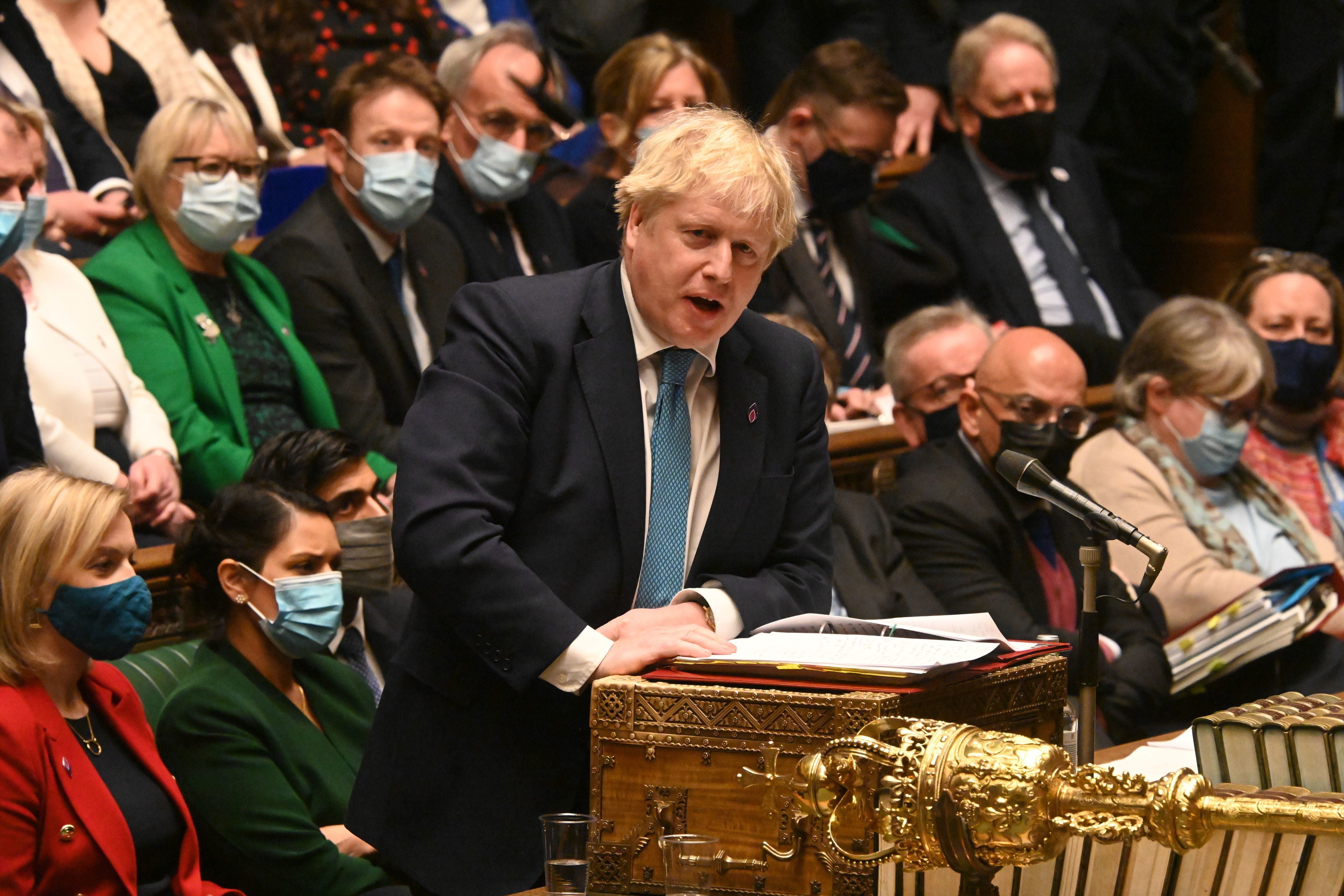Top 10 times a language other than English was used in the House of Commons
When MPs have broadened their vocabulary


This all started with number 10, the most recent example. Dan Brusca suggested it would make a Top 10. Erskine May, the parliamentary rule book, says that speeches must be made in English, although Welsh is permitted in committees: “Quotation in another language has been allowed on occasion, though a translation should be provided.”
1. Latin. Lord Palmerston, foreign secretary, 25 June 1850. “As the Roman, in days of old, held himself free from indignity, when he could say Civis Romanus sum [I am a Roman citizen]; so also a British subject, in whatever land he may be, shall feel confident that the watchful eye and the strong arm of England, will protect him against injustice and wrong.” Thanks to Geoffrey Mamdani.
2. Welsh. Kenneth Thompson, assistant postmaster general, replied partly in Welsh to a question about whether the post office in Wales took account of the needs of Welsh speakers, 5 March 1958: “Fel mater o ffaith byddwn yn cymeryd – [As a matter of fact we are taking–]”. After being told off by the speaker, he finished the sentence in English: “…a great deal of trouble over this.” Nominated by Sean Rogers.
3. Latin, again. Derek Enright, Labour, sang “Yellow Submarine” in Latin, 2 March 1993: “Habitamus sub vitreo, sub vitreo, sub vitreo –.” But he was interrupted by the deputy speaker who said he had been a member of the house “long enough to know its rules full well”.
4. Norman French. Gerald Kaufman, Labour, 5 July 1994: “La Reyne le veult [The Queen wills it].” He pointed out that the words are required by Erskine May for the royal assent for acts of parliament, mischievously suggesting that Anthony Steen’s bill to ban all French words was out of order because it infringed the royal prerogative. Steen’s bill, itself “not to be taken too seriously”, was intended to highlight the absurdity of a new French law to ban certain English words. Nominated by Edward Lennox, Benjamin Lewis and Exexpat19.
5. Cornish. Andrew George, Liberal Democrat MP for St Ives, in his first speech, 22 May 1997: “Me am beth hanow / Heb dewath ha bry / Bisgwethack rag nevra.” He didn’t offer a translation, though. Thanks again to Edward Lennox.
6. Gaelic. Angus MacNeil, Scottish National Party, in his first speech, 26 May 2005: “Thug Gaidhlig is da channanas iomadh buanachd dhomhsa [Gaelic is now spoken by only about 60,000 people in Scotland and I am glad to be one of them].” Another from Edward Lennox.
7. French, German and Italian, in one sentence. Tony Blair’s final Prime Minister’s Questions, 27 June 2007, to Sir Nicholas Winterton, Eurosceptic Conservative: “As for his good wishes to me, may I say to him au revoir, auf Wiedersehen and arrivederci?” Nominated by Jack Kessler.
8. Ulster Scots. Jim Shannon, DUP, Strangford, in his first speech, 8 June 2010: “Tha Strengfird fowk ir tha satt o tha grun [salt of the earth], an in thenkin thaim fer thair support A wud promis thaim at A’ll wrocht an dae fer thaim aa at A caun.” Another from Edward Lennox.
9. British Sign Language. Penny Mordaunt was the first minister to use sign language at the despatch box, 4 July 2018: “On 24 July, we will hold a global disability conference here in London…” Nominated by GGMZ and Nick Clayton.
10. Chinese. Boris Johnson to Ed Davey, 19 January 2022: “Ni hao, as we say to the right hon gentleman. Renshi ni hen gao xing! [Hello, good to meet you.]” A reference to the Lib Dem leader having taken a donation from an alleged Chinese spy.
Next week: Opposites. Moose Allain came up with: Quill & Quon’t; Germany & Gerfew; Antique & Proque. More, please.
Coming soon: Political meals, after Boris Johnson flew back from the Cop26 climate summit for dinner at the Garrick private members’ club with Charles Moore, who persuaded him that Owen Paterson must be saved.
Your suggestions please, and ideas for future Top 10s, to me on Twitter, or by email to top10@independent.co.uk

Join our commenting forum
Join thought-provoking conversations, follow other Independent readers and see their replies